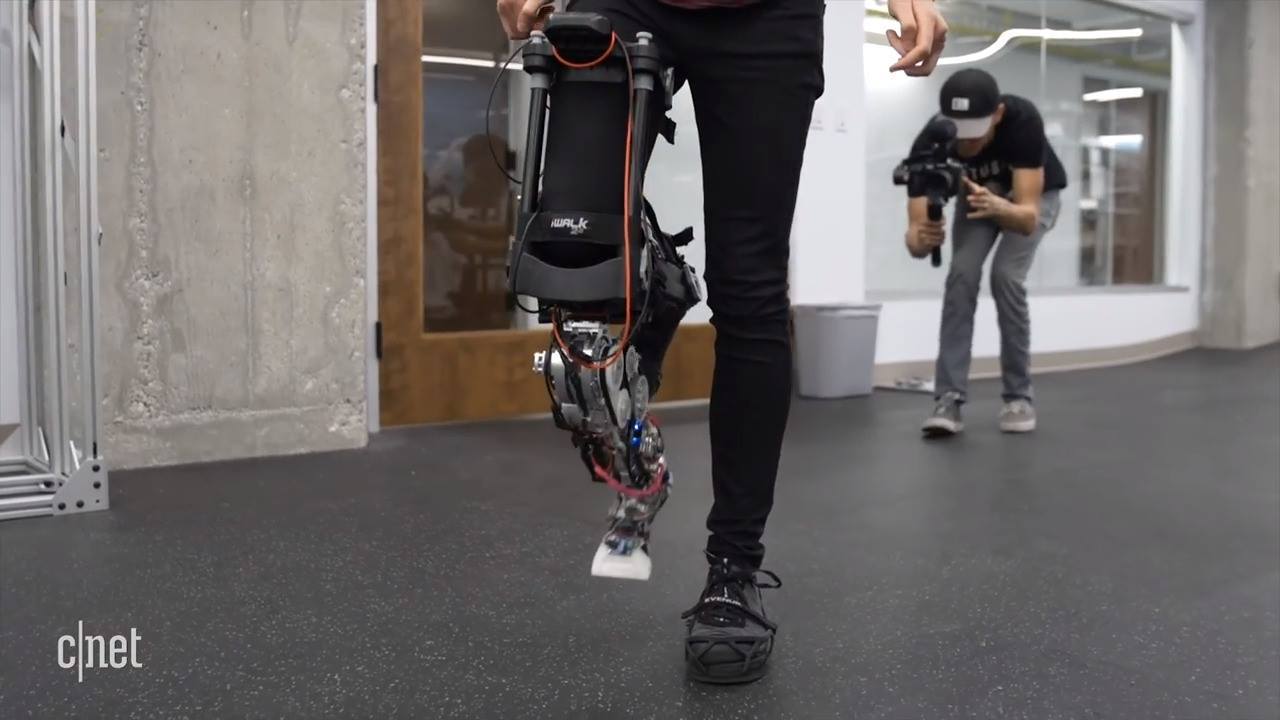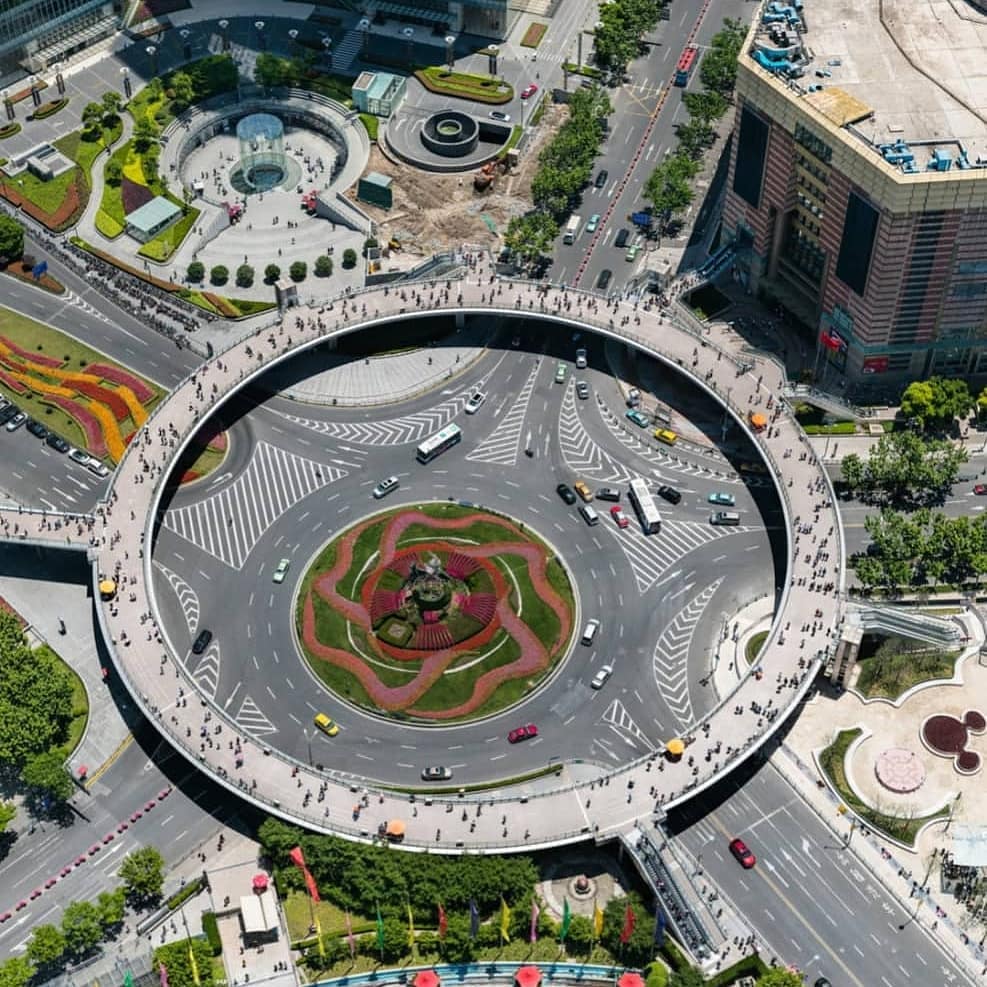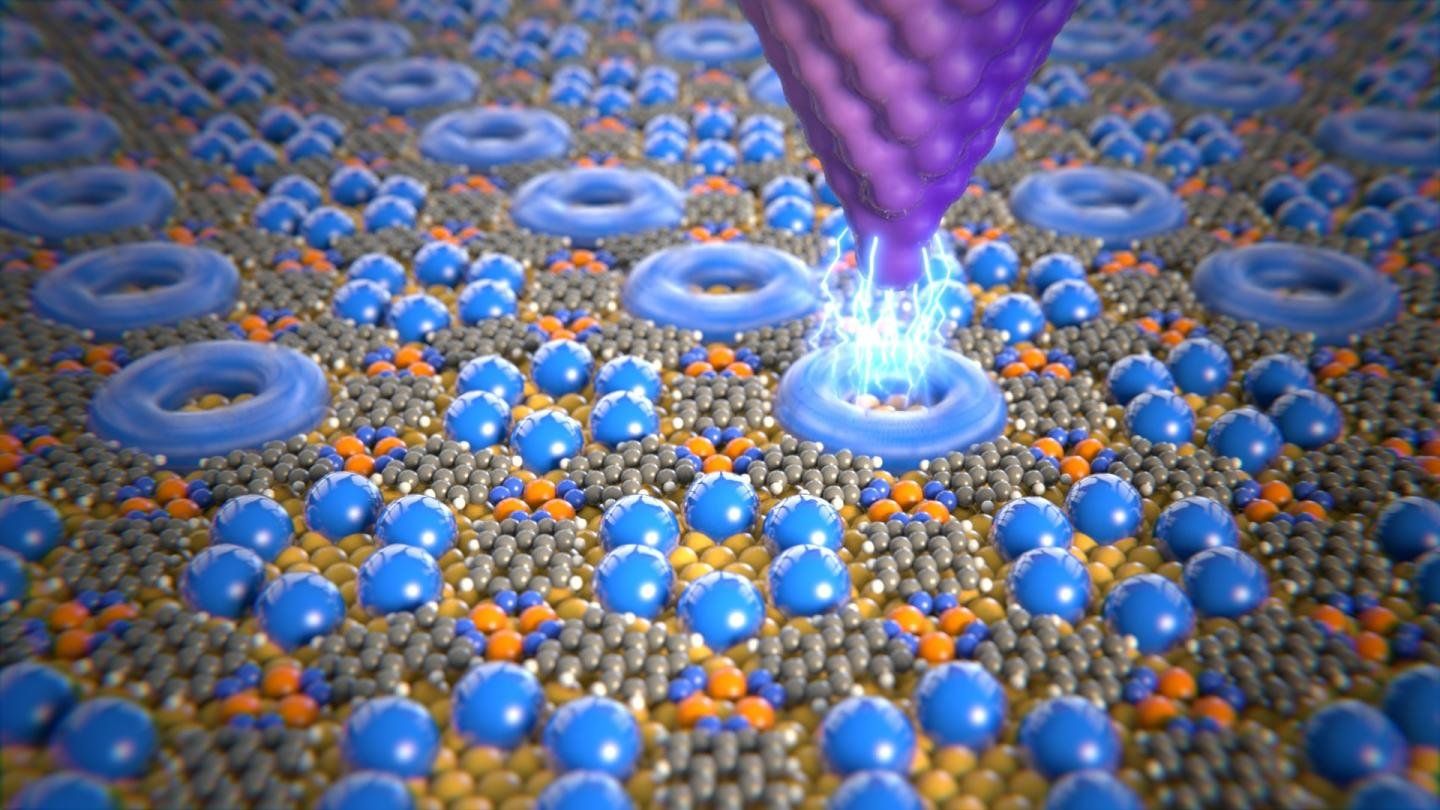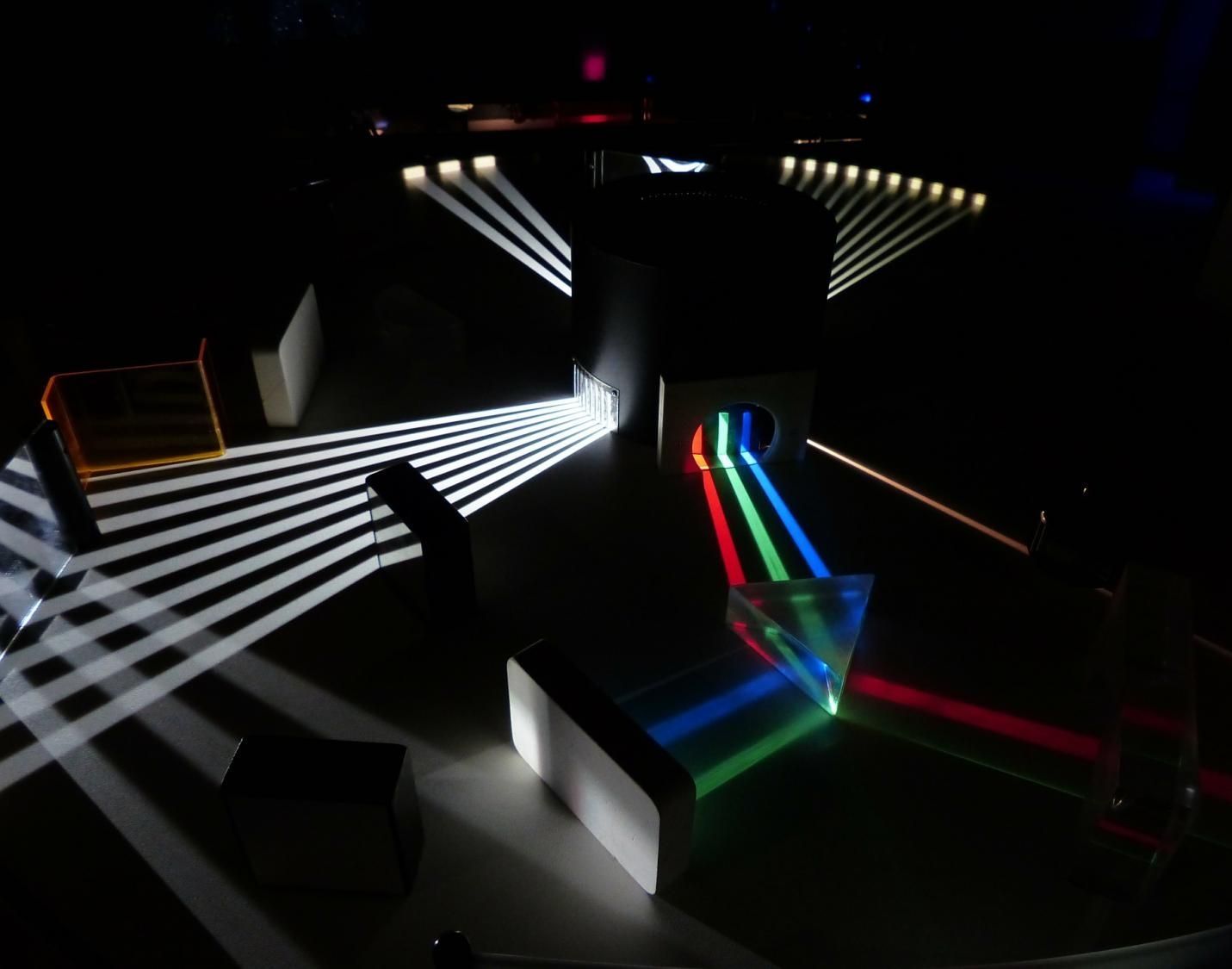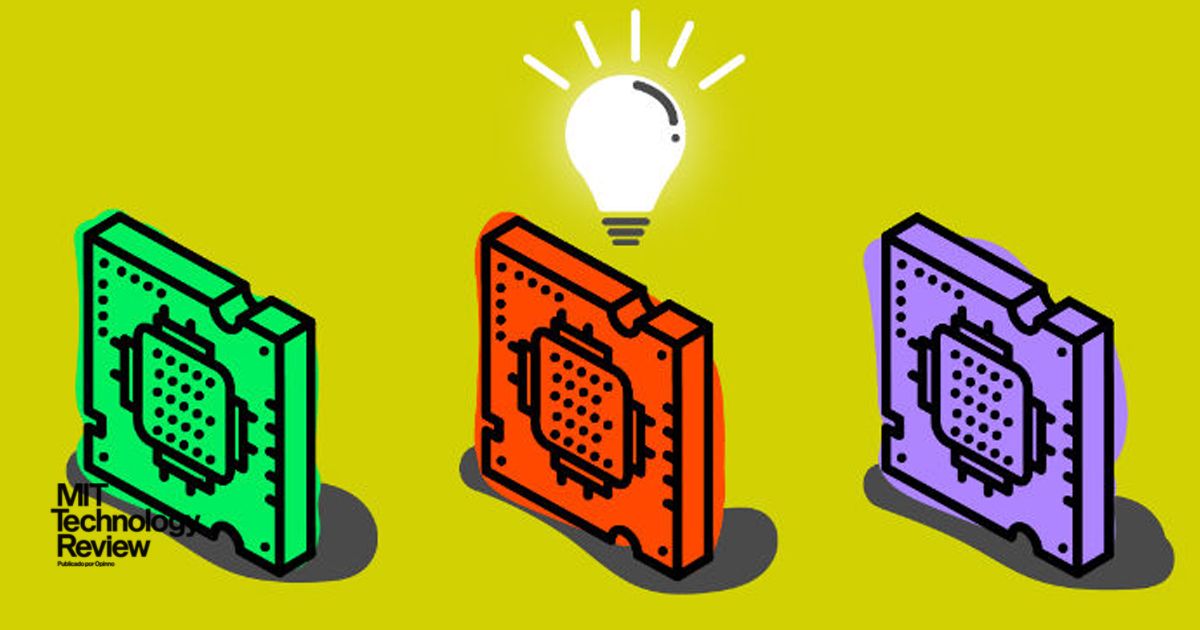Page 9579
Dec 18, 2018
NASA Begins America’s New Moon to Mars Exploration Approach in 2018 — The Year @ NASA
Posted by Michael Lance in category: space travel

2018 was a huge success! We launched a mission to “touch” the Sun, stuck another nearly flawless #MarsLanding, marked our #NASA60th anniversary of opening our doors for business, welcomed NASA Administrator Jim Bridenstine and began #Apollo50 celebrations! That’s just some of what happened This Year @ NASA — there’s even more at http://www.nasa.gov/2018.
Dec 18, 2018
SpaceX Falcon 9 rocket launches from Cape Canaveral
Posted by Michael Lance in category: satellites
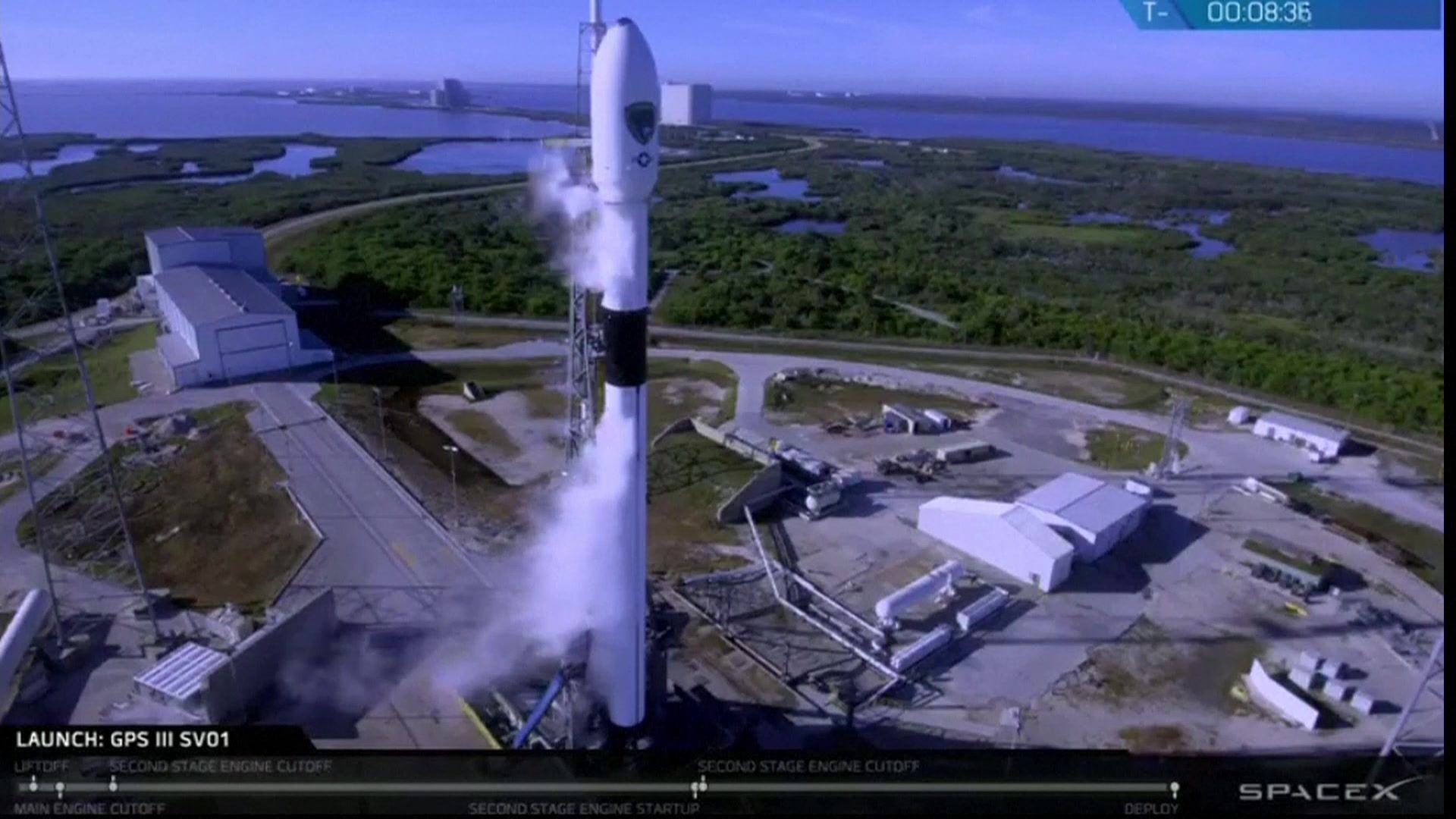
WATCH LIVE: SpaceX’s Falcon 9 rocket is attempting to launch a U.S. Air Force navigation satellite from Cape Canaveral, FL.
By Chinese Satellite with 24.9 billion pixels of quantum technology. It’s worth seeing! You can zoom in, zoom out when you look at it. You can clearly see every gesture, even face of pedestrians on the road.
http://sh-meet.bigpixel.cn/?from=groupmessage
Dec 18, 2018
Data storage using individual molecules
Posted by Klaus Baldauf in categories: computing, particle physics
Researchers from the University of Basel have reported a new method that allows the physical state of just a few atoms or molecules within a network to be controlled. It is based on the spontaneous self-organization of molecules into extensive networks with pores about one nanometer in size. In the journal Small, the physicists reported on their investigations, which could be of particular importance for the development of new storage devices.
Dec 18, 2018
The Yoda of Silicon Valley
Posted by Derick Lee in categories: computing, information science
Of course, all the algorithmic rigmarole is also causing real-world problems. Algorithms written by humans — tackling harder and harder problems, but producing code embedded with bugs and biases — are troubling enough. More worrisome, perhaps, are the algorithms that are not written by humans, algorithms written by the machine, as it learns.
Profiles in science.
Donald Knuth, master of algorithms, reflects on 50 years of his opus-in-progress, “The Art of Computer Programming.”
Dec 18, 2018
Scientists design new material to harness power of light
Posted by Klaus Baldauf in categories: innovation, materials
Scientists have long known that synthetic materials—called metamaterials—can manipulate electromagnetic waves such as visible light to make them behave in ways that cannot be found in nature. That has led to breakthroughs such as super-high resolution imaging. Now, UMass Lowell is part of a research team that is taking the technology of manipulating light in a new direction.
Dec 17, 2018
NASA research reveals Saturn is losing its rings at ‘worst-case-scenario’ rate
Posted by Saúl Morales Rodriguéz in categories: particle physics, space
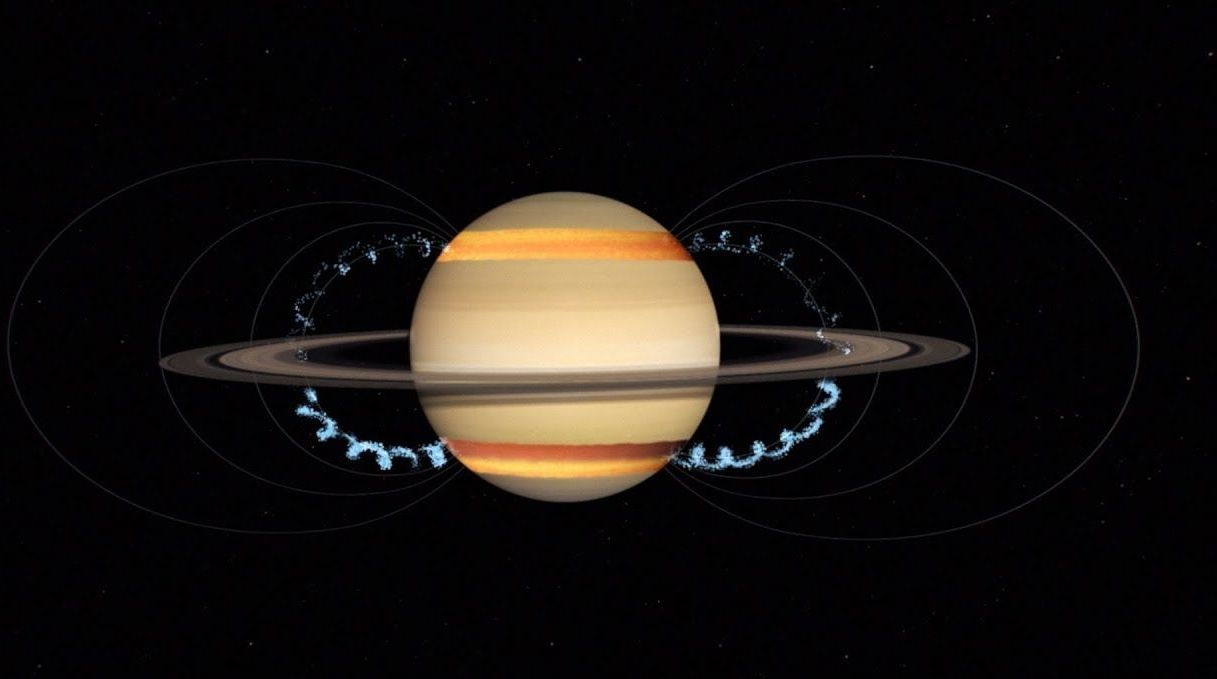
New NASA research confirms that Saturn is losing its iconic rings at the maximum rate estimated from Voyager 1 & 2 observations made decades ago. The rings are being pulled into Saturn by gravity as a dusty rain of ice particles under the influence of Saturn’s magnetic field.
“We estimate that this ‘ring rain’ drains an amount of water products that could fill an Olympic-sized swimming pool from Saturn’s rings in half an hour,” said James O’Donoghue of NASA’s Goddard Space Flight Center in Greenbelt, Maryland. “From this alone, the entire ring system will be gone in 300 million years, but add to this the Cassini-spacecraft measured ring-material detected falling into Saturn’s equator, and the rings have less than 100 million years to live. This is relatively short, compared to Saturn’s age of over 4 billion years.” O’Donoghue is lead author of a study on Saturn’s ring rain appearing in Icarus December 17.
Continue reading “NASA research reveals Saturn is losing its rings at ‘worst-case-scenario’ rate” »
Dec 17, 2018
Switch-in-a-cell electrifies life
Posted by Saúl Morales Rodriguéz in category: futurism
Scientists at Rice University have developed synthetic protein switches to control the flow of electrons.
The proof-of-concept, metal-containing proteins made in the Rice lab of synthetic biologist Joff Silberg are expressed within cells upon the introduction of one chemical and are functionally activated by another chemical. If the proteins have been placed in the cell, they can simply be turned on and off.
“This is not a metaphor for a switch, it is a literal electrical switch built from a protein,” Silberg said.
Dec 17, 2018
Nace el primer ordenador cuántico con una IA integrada
Posted by Saúl Morales Rodriguéz in category: neuroscience
Un equipo ha implementado, por primera vez, un perceptr\xF3n, la unidad b\xE1sica de las redes neuronales del aprendizaje profundo, en un procesador cu\xE1ntico de cinco c\xFAbits y ha demostrado que funciona. Parece que la nueva revoluci\xF3n del procesamiento de informaci\xF3n est\xE1 cada vez m\xE1s cerca.
